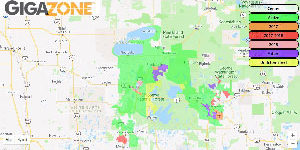My Services

My Billing
My Email
Tools
My Services
My Email

My Billing
Offices
-
Paul Bunyan Communications Cooperative Headquarters
1831 Anne St. NW Bemidji, MN 56601
888-586-3100 or 218-444-1234
-
Grand Rapids Customer Service & Technology Center
510 SE 21st Street, Grand Rapids, MN 55744
888-586-3100 or 218-999-1234
Help
Connect
Copyright © 2025 Paul Bunyan Communications. All rights reserved.
Paul Bunyan Communications is an equal opportunity provider and employer.

